Are you an electrical engineer? Are you worried that your job may be taken over by artificial intelligence (AI) in the future? It’s a legitimate question to ask, and one that many engineers are starting to consider. The truth is that AI has been making waves in the engineering industry for years now, so it’s worth looking into what this could mean for your career. In this article, we’ll look at whether or not your electrical engineering job will be replaced by AI.
The first thing to know about the potential of AI replacing humans in jobs like electrical engineering is that it won’t happen overnight – and it likely won’t ever completely replace human labor. However, there are certain aspects of these types of jobs where AI can prove more efficient than humans and therefore make their way into the workplaces.
We’ll discuss more on this later.
For those who want to remain secure in their current positions as electrical engineers, understanding how AI works and what implications it might have on their professions is key. That’s why we’ve put together this comprehensive guide on ‘Will Your Electrical Engineering Job Be Replaced By AI?’ We’ll give you all the information you need to confidently predict if your profession will still exist in a few years’ time – or if it’s time to start considering other options!
By the way, take a look here to see our study of the 100 jobs most vulnerable to automation. Is yours on the list?

Definition Of AI
Welcome to the future! Where machines can do anything and everything…except for, you know, actually think. Ah yes, Artificial Intelligence (AI) – a term so often thrown around that it has become meaningless. But what is AI really? And how does it differ from robots?
To understand this question we must first define both terms: AI refers to computer systems that are capable of performing tasks normally requiring human intelligence such as visual perception, speech recognition, decision-making and language translation; robotics involves constructing machines which have physical components that allow them to interact with their environment like autonomous vehicles or humanoid robots.
The difference between these two technologies lies in their ability to learn and adapt over time through experience. While robots are programmed with specific instructions and cannot alter themselves without reprogramming, AI utilizes algorithms and self-learning techniques to continually improve itself in order to achieve its goals more efficiently. As such, AI offers much greater potential than robotics when it comes to completing complex tasks quickly and accurately.

Read here to find out how artificial intelligence transforms civil engineering jobs!
Impact Of AI On Electrical Engineering Professions
The impact of artificial intelligence (AI) on electrical engineering professions is undeniable. AI has already been used to automate an array of mundane and complex tasks, making a significant difference in how electrical engineers approach their job. As automation increases, the demand for traditional electrical engineering roles will decrease.
However, it’s important to note that while AI can be used to automate many aspects of electrical engineering, the field still requires critical thinking and creativity from its professionals. Electrical engineers are needed to interpret automated systems and identify areas where they could be improved upon or better utilized. Robotics also continues to play an increasingly large role in modern-day electrical engineering jobs; this means that as robots become more sophisticated, so do the challenges faced by today’s electrical engineers.
In spite of these advancements, human involvement remains necessary for successful implementation of new technologies and continued development across all sectors – including the world of electrical engineering. Automation won’t replace humans completely anytime soon; instead, it will help free up time for professionals to focus on higher-level problem solving and decision making within their fields.
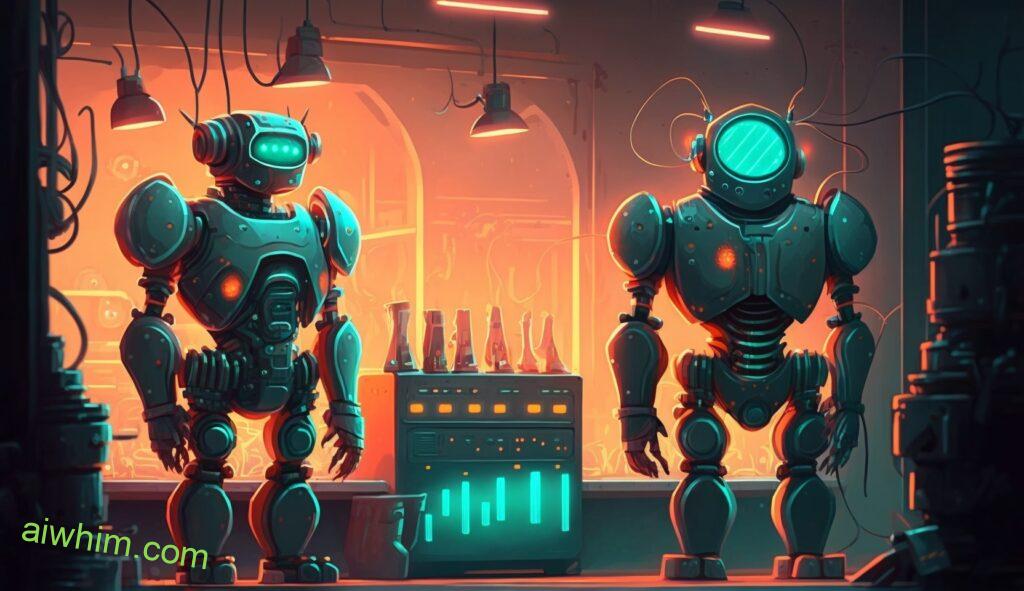
Are mechanical engineering jobs becoming automated? Click the link to find out!
Automation In Electrical Engineering
Automation has made its way into the realm of electrical engineering, just as it has in many other industries. Automation technologies are now being used to automate jobs that have traditionally been done by humans, such as wiring and installation tasks. By using automation technologies, electrical engineers can complete their projects more quickly and efficiently than ever before.
The impact of automated systems on electrical engineering professions is significant. Automated systems allow for more efficient use of resources, reducing costs while increasing productivity levels across a wide range of applications. It also allows for greater flexibility when working with components or processes that require precision or accuracy. The following list outlines some of the advantages associated with job automation in electrical engineering:
- Greater efficiency due to faster completion times
- Increased safety through fewer human errors
- Lower labor costs resulting from reduced manpower needs
- Improved quality control over products utilizing AI Engineering
- Reduced risk due to improved monitoring capabilities
As automation continues to evolve, so too will its utilization within the profession of Electrical Engineering. With new advancements in Artificial Intelligence (AI) and robotics technology, we will see an increased reliance on these devices to help ensure that work is completed safely and accurately every time. This could lead to more opportunities for skilled professionals who understand how to program and operate these machines effectively. Ultimately, this could result in an even wider variety of career paths available for those interested in pursuing a career in Electrical Engineering.
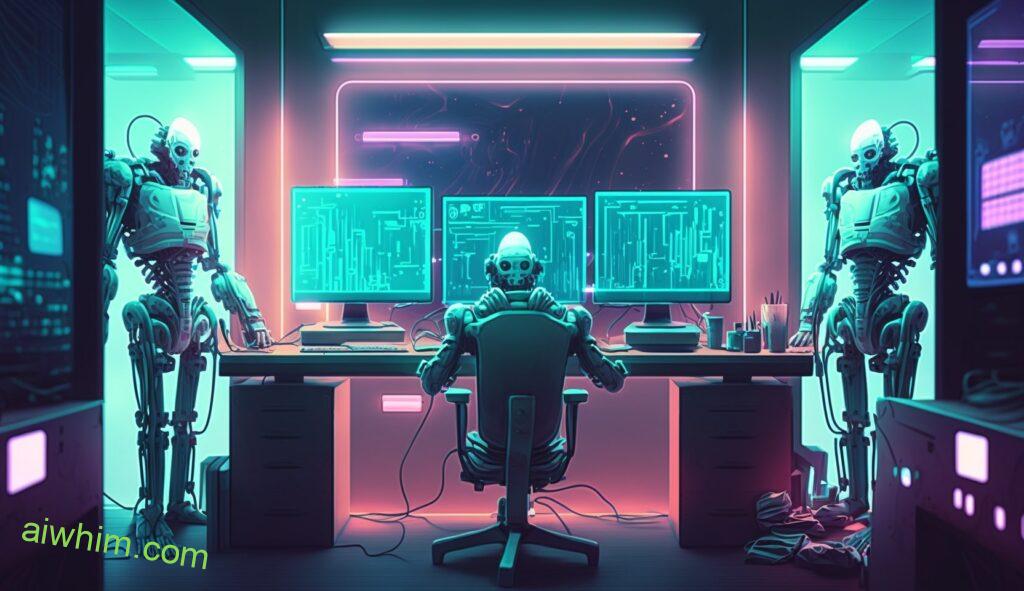
Robotics And Automation Technologies
The rise of robotics and automation technologies is a revolution that has drastically changed the landscape of electrical engineering. The integration of AI into modern robotics and automation systems has allowed for unprecedented levels of efficiency and accuracy in many areas related to electrical engineering, from production lines to industrial maintenance processes. This level of automation allows engineers to focus on more complex tasks while leaving routine operations in the hands of robots or automated systems.
Electrical automation through robotics and AI have made it possible for machines to carry out sophisticated tasks with speed and precision. In fact, some factories now operate almost entirely without human input, using robotic arms and other forms of automation technology to monitor processes and identify defects. Electrical engineering jobs previously requiring intensive manual labor are being replaced by these advanced technologies, as they can do the same work faster with greater accuracy.
The overall effect is an increase in efficiency across various industries, allowing businesses to reduce costs while maximizing productivity. With such advancements in robotics and AI-driven automation solutions, we stand at the dawning age of a new era – one where electrical engineering professionals will be able to take advantage of enhanced capabilities provided by cutting-edge technology. Ultimately, this means engineers can use their expertise in ways which weren’t possible before, freeing up time for creative problem solving rather than mundane manual labor.
Predictions For The Future Of Electrical Engineering Jobs
The future of electrical engineering jobs is uncertain. As AI technology advances, automation trends may have an effect on the profession. But there are still many career opportunities in this field that can benefit from technological improvements.
As AI and automation become more commonplace, some aspects of electrical engineering will be automated or replaced by machines. This could lead to job losses in certain areas such as design and testing processes. However, it’s important to note that these changes don’t necessarily mean all electrical engineering jobs will disappear. Rather, it creates new possibilities for engineers to apply their skills in different ways:
- By using machine learning algorithms to automate complex tasks
- Developing efficient robotics systems that integrate with existing infrastructure
- Leveraging data analytics techniques to optimize performance of a system or product
In addition, advancements in AI technologies can open up new avenues for skilled professionals – those who understand both software development and hardware components – to create revolutionary products. For example, self-driving cars rely heavily on sophisticated sensors along with computer vision and deep learning algorithms – something only highly trained engineers can provide. Additionally, increased investment into renewable energy sources means more demand for skilled workers in the industry which further underscores its potential growth trajectory.
Overall, while there may be a degree of disruption caused by AI applications within the electrical engineering sector, there’s also plenty of room for innovation and expansion due to the emergence of cutting edge technologies like machine learning and IoT (Internet Of Things). With the right set of skillset & knowledgebase acquired through specialised programs or training courses, individuals can take full advantage of these developments and carve out successful careers by leveraging their expertise in this ever growing field.

Challenges Posed By AI To Electrical Engineers
As the saying goes, “the only constant is change.” This phrase certainly applies to electrical engineering in the wake of increasing automation and robotics. AI has become increasingly pervasive throughout all industries, and its implications for electrical engineers are significant. There is no denying that job displacement will be a major challenge for electrical engineers as certain tasks can be more efficiently handled by machines or software programs. Automation may make it easier for companies to reduce costs associated with human labor, but this could result in fewer jobs available for those trained in electrical engineering.
The disruption caused by AI also presents opportunities for new areas of specialization within the field of electrical engineering. Electrical engineers must stay up to date on evolving technologies and adapt their skillsets accordingly in order to remain competitive in the ever-changing job market. Understanding how AI works and developing strategies on how best to utilize it can help ensure future success for those who specialize in electrical engineering. With knowledge and creativity comes power, even when faced with an industry full of uncertainty due to advances such artificial intelligence.

Skills Necessary To Successfully Adapt To Automation
The rise of automation and robotics technology is changing the workplace rapidly. As a result, it’s important for electrical engineers to gain skills in order to successfully adapt to these changes. Automation skills such as coding, debugging, and programming can help make engineers more competitive when applying for jobs that involve robots or automated processes. In addition, understanding the basics of machine learning and data analysis will prove invaluable in adapting to new technologies quickly.
Electrical engineers should also be aware of the specific challenges that come with working with robotic systems. This includes knowledge on how to design efficient algorithms and troubleshoot any potential problems that may arise during use. Gaining experience with problem-solving techniques like computer simulations can provide a good foundation for developing more advanced robotics skills over time.
To stay ahead of the curve, it’s essential for electrical engineers to develop an evolving set of skills necessary to handle ever-changing technological advancements in their field. By mastering the latest tools and strategies available, they’ll be better prepared to take advantage of future job opportunities involving automation technology.
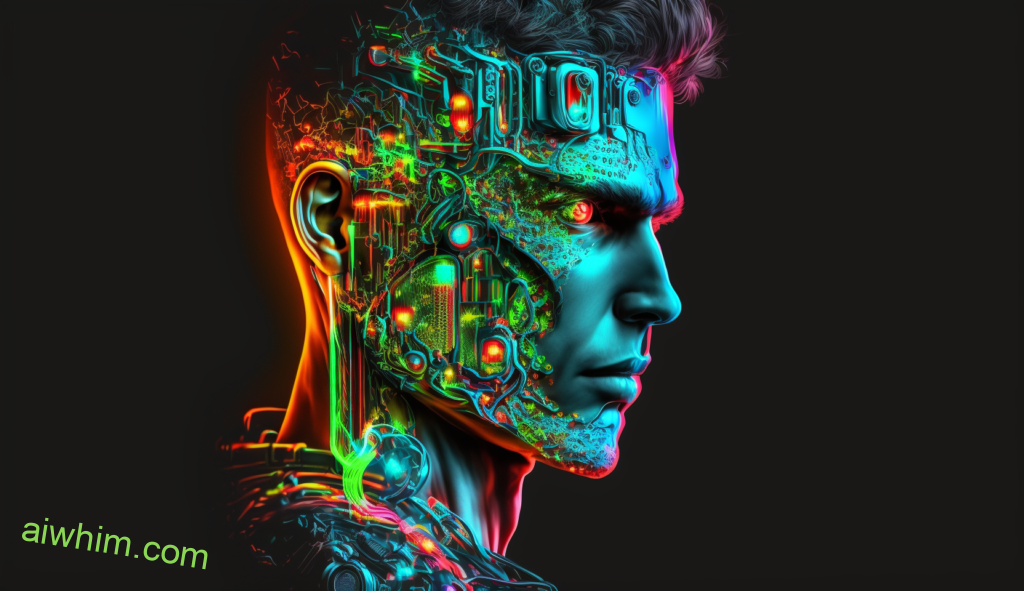
Human-AI Collaborations In Electrical Engineering
The potential for human-AI collaborations in electrical engineering is immense. AI automation technology has the potential to revolutionize how engineers approach their work, and can lead to greater efficiency, improved accuracy, and faster turnaround times. As such, it’s important for electrical engineers to develop an understanding of the implications and possibilities for using AI technologies with their work.
Retraining opportunities may be needed as new advancements related to AI are developed. While these advancements have many advantages, ethical considerations must also be taken into account when deploying any kind of automated system. It’s essential that those working in electrical engineering understand not only the capabilities of AI but also its limitations so they can collaborate effectively with machines while avoiding unethical practices or dangerous outcomes.
In short, AI presents a great opportunity for professionals in electrical engineering who are willing to take advantage of this rapidly growing field by learning more about the associated technologies and exploring the available retraining options. With proper foresight and planning, collaboration between human beings and artificial intelligence could yield significant improvements in industrial processes across multiple sectors.

Preparing For Changes In The Workplace
It’s like a chess game between man and machine. Engineers have to stay one move ahead of the ever-advancing technology in order to survive this high stakes competition. As AI technology continues to progress rapidly, it is becoming increasingly difficult for electrical engineers to keep up with the pace of automation.
The workplace landscape that we know today is likely going to be quite different in just a few short years as job automation takes over many roles that were once held by human workers. To remain competitive in an era of rapid technological advancement, engineers must start preparing now for these changes by learning new skills or retraining themselves in areas such as programming, data analysis, and robotics engineering. This will help ensure they are able to transition into other positions if their current role becomes obsolete due to advances in AI technologies. Additionally, it may be wise to explore opportunities outside of traditional engineering fields where there is still strong demand for skilled workers.

Retraining Opportunities For Electrical Engineers
The thought of losing one’s job to automation can be daunting, but there is hope for electrical engineers. Retraining opportunities now exist that will help them stay relevant in the ever-evolving workplace. Here are three ways they can do so:
- Take advantage of electrical engineering retraining programs offered by universities and technical schools. These courses cover topics from robotics to artificial intelligence (AI) and provide an opportunity for electrical engineers to update their skillset with the latest industry trends.
- Join a local AI or automation retraining course designed specifically for professionals who want to transition into new roles within the same field. This type of training offers hands-on experience with modern technologies and often includes certification upon completion.
- Explore online robotics retraining options such as webinars or MOOCs (Massive Open Online Courses). With these resources, electrical engineers can gain access to up-to-date information on current trends in technology while increasing their knowledge base at home or on the go.
With all this in mind, it’s clear that there are numerous avenues available for those seeking retraining opportunities in order to remain competitive in today’s market. By taking advantage of what’s out there, electrical engineers can confidently make the necessary steps towards continuing success in their chosen career path – even if that means entering a different sector altogether!
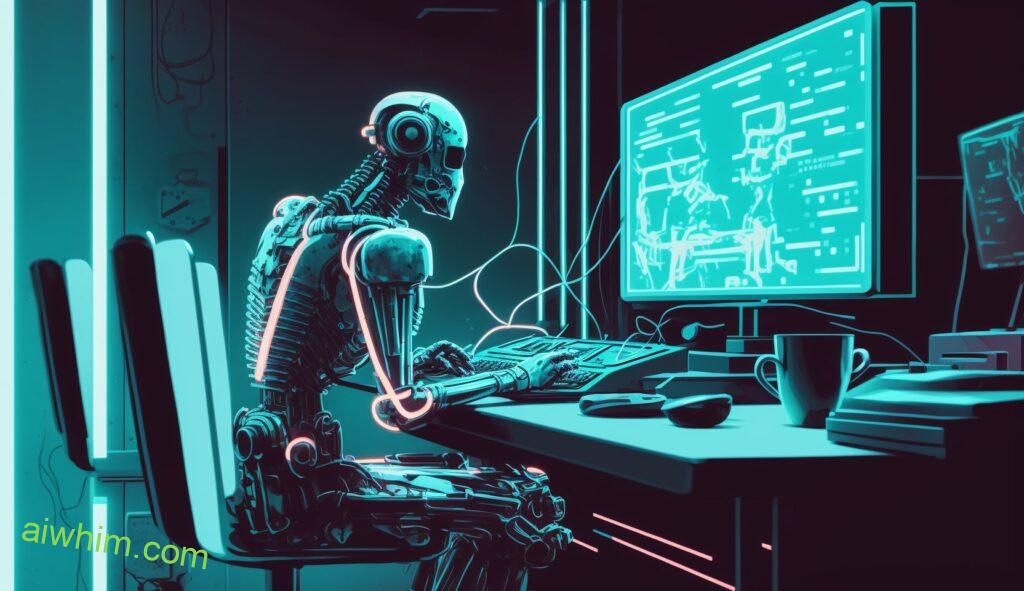
Unexpected Benefits From Automation
The rise of automation has been met with both apprehension and optimism. On the one hand, some worry that their job may be replaced by an AI program or robot. But on the other hand, there are a number of unexpected benefits from automating certain processes in electrical engineering. Automation can lead to improved accuracy and cost savings through the elimination of human error and streamlined processes.
In addition to these tangible advantages, automation also frees up resources for humans to focus on more complex tasks that require intervention or judgment. This allows engineers to focus less time on mundane, routine activities while still ensuring quality assurance across projects. Human ingenuity is then used to identify solutions and explore new ideas rather than performing repetitive tasks over and over again. As technology continues to advance and become ever-more sophisticated, it’s clear that automation will continue to play an important role in the future of electrical engineers – not only providing much needed support but also freeing them up for higher level problem solving and creative development.
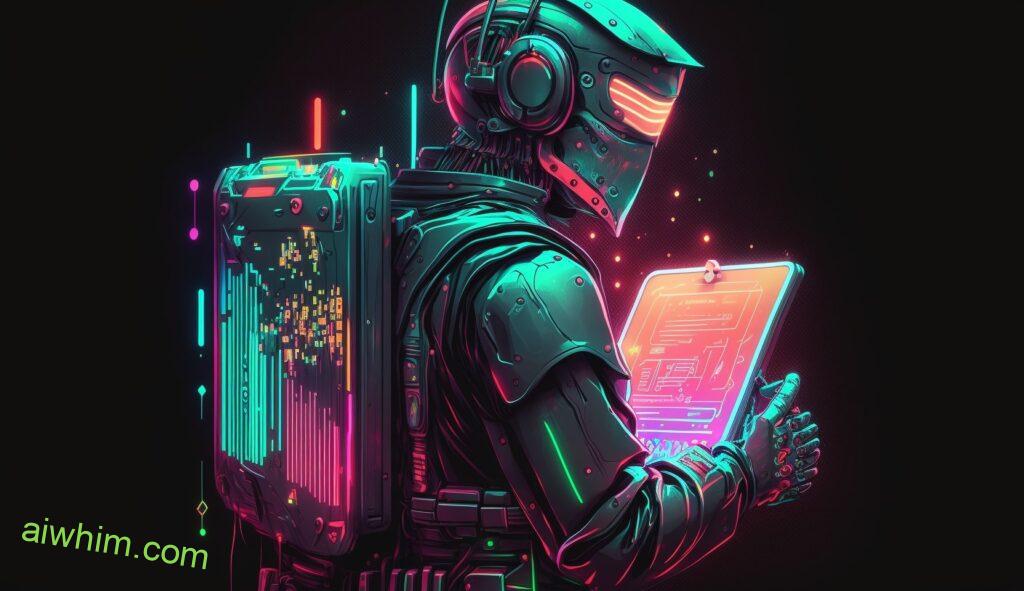
Use Cases Of AI In Electrical Engineering Applications
AI has been making its presence felt in the electrical engineering industry, and with good reason. Its ability to automate complex processes and provide accurate predictions makes it a valuable tool for increasing efficiency and reducing costs. Here are some of the ways AI is being used in electrical engineering:
- Smart Grid Automation: AI can be used to optimize energy delivery across smart grids, ensuring that electricity reaches users when they need it most. Additionally, AI-driven analytics allow engineers to identify problems or disruptions quickly before they become major issues.
- Renewable Energy Automation: AI helps engineers manage renewable energy sources such as solar and wind power more efficiently. It can also be used to forecast potential weather conditions so that adjustments can be made accordingly.
- Electrical Component Modeling: Engineers use AI to model electrical components such as capacitors and resistors accurately, helping them design circuits faster and more effectively.
- Robotic Process Automation: Robotics process automation (RPA) allows machines to carry out tasks autonomously without any human intervention. This helps reduce labor costs while improving accuracy levels significantly.
- Industrial Control Networks: AI-based industrial control networks help monitor large scale equipment such as turbines and boilers by collecting data from various sensors placed throughout the facility. This enables engineers to make timely decisions based on real-time information support systems like predictive maintenance models which alert operators about potential malfunctions ahead of time.
These examples show how useful AI can be in the field of electrical engineering, allowing engineers to save time, money, and effort while increasing productivity at the same time. As technology advances further still, there will no doubt be even more opportunities for leveraging this powerful tool within this sector – giving freedom back into the hands of those who work hard every day!

Government Regulations On AI And Robotics
The use of artificial intelligence (AI) and robotics in the field of electrical engineering is on the rise. This progress brings with it questions about how to ensure safety, security, and ethical uses for these technologies. Governments around the world are increasingly turning their attention to developing regulations that protect citizens from potential harms posed by AI and robotics.
These government regulations vary significantly from country to country; however, some common themes have emerged. Generally speaking, governments require companies that adopt AI or robotics technology to run regular risk assessments and adhere to specific safety protocols. Additionally, many countries now require AI systems to be designed with certain privacy protections built-in so user data can’t be accessed without permission. In terms of electrical engineering specifically, different jurisdictions may also impose additional requirements if they feel a particular application poses higher risks than others.
It’s clear that governmental oversight could be needed when introducing new technologies like AI into our lives – but we must make sure these regulations don’t become overly restrictive and limit innovation or block access to beneficial technologies. Striking this balance is key as we look towards the future of electrical engineering powered by AI and robots.
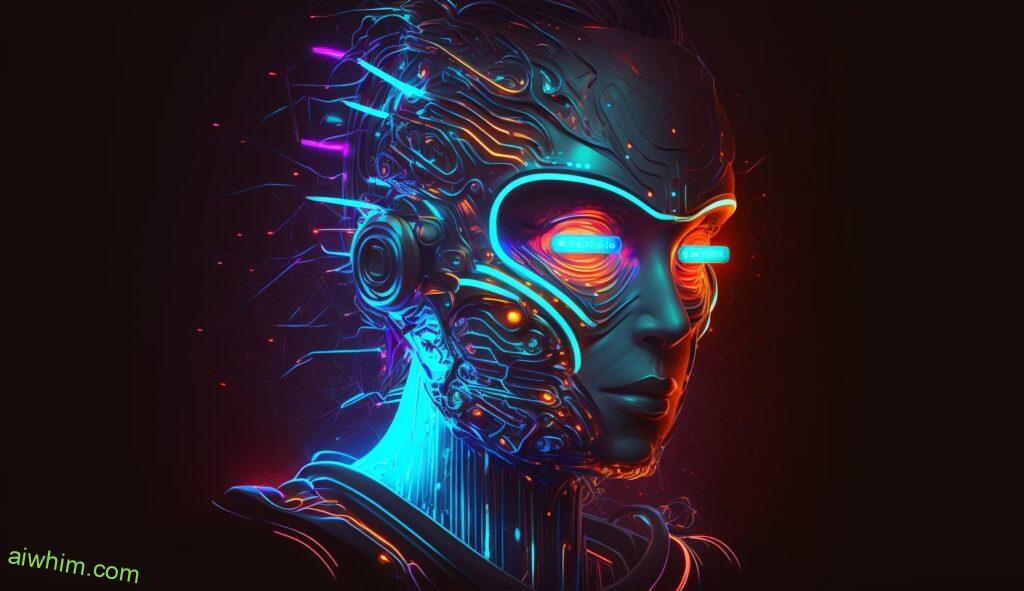
Ethical Considerations For Using AI And Robotics
As technology continues to advance, it is essential that ethical considerations are taken into account when using artificial intelligence (AI) and robotics. Take for example the case of an electrical engineering job being replaced by AI: while this may present more efficient cost-savings opportunities to companies, it could also have detrimental consequences on workers who may be displaced due to automation ethics.
Therefore, engineers must understand their responsibilities in developing these technologies ethically and responsibly. They should pay attention to robot ethics, as well as consider potential unintended consequences such as a loss of jobs or other negative implications. Companies need to develop policies and procedures around how they use AI and robots in order to ensure that the rights of people affected by them are protected. Moreover, governments should create regulatory frameworks that protect citizens from any malicious use of AI and robotics.
At the same time, engineers must take into consideration not only economic factors but also cultural sensitivity when designing new systems with AI and robotics at its core. It is important for professionals in the field to adhere to principles such as justice, fairness and transparency when implementing these technologies within a given environment. Furthermore, engineers should be aware of the impact their work can have on society and strive towards creating solutions which benefit all stakeholders involved – including those who might be adversely impacted by advances in AI and robotic technology. Ultimately, if done correctly, engineering ethics can help promote responsible development of automated systems that can benefit everyone without compromising human dignity or autonomy.

Conclusion And Summary
In summary, it is likely that electrical engineering jobs will be impacted by AI in some way. However, the extent of this impact remains uncertain. It depends on how quickly automation technology develops and what regulations are put in place to ensure human-AI collaborations remain safe and ethical.
The future of automated technologies could however bring a range of opportunities for electrical engineers. Automation may open up new roles or require them to develop certain skills, such as programming robots or understanding robotics principles. Alternatively, automation might cause their job to become redundant in the long term if machines take over many tasks traditionally done by humans.
Regardless of the potential implications, it is clear that AI will have an ever-increasing impact on the profession:
- AI Impact
- Automated systems can reduce costs and save time
- Human-robot collaboration enables more efficient processes
- Improved safety through enhanced sensor capabilities
- Automation Future
- Increased use of artificial intelligence creates new roles for engineers
- Continuous learning algorithms give machines greater autonomy
- Regulations must keep pace with technological advances
- Robotics Skills
- Electrical engineer proficiency in coding essential for robot design & operation
- Understanding basic robotic principles helps make progress faster
- Ability to work alongside automated devices necessary for successful projects
It’s evident that while there are still many unknowns about how AI will affect electrical engineering jobs, one thing is certain: these professionals need to stay ahead of current trends and continually update their knowledge and skill sets so they’re prepared for any changes the future holds.
Author: Ole Paulson
Author Bio: I’m Ole and on this website, I share everything there is to know about Artificial Intelligence, and useful tips for using AI to our advantage. I have a background in data science and research and have been following the AI-space for years. You can read more about me in the “About” page.

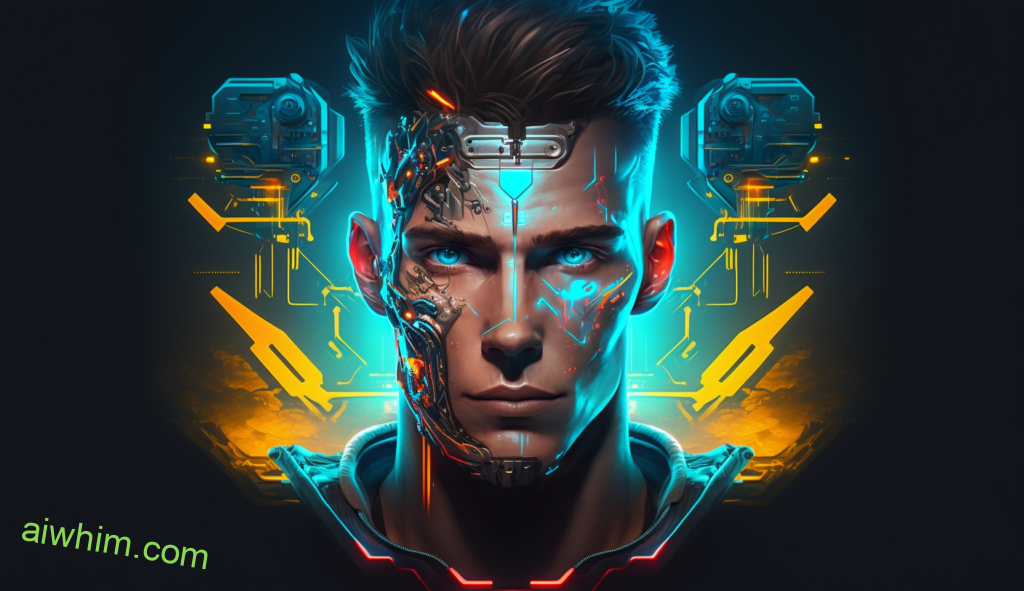





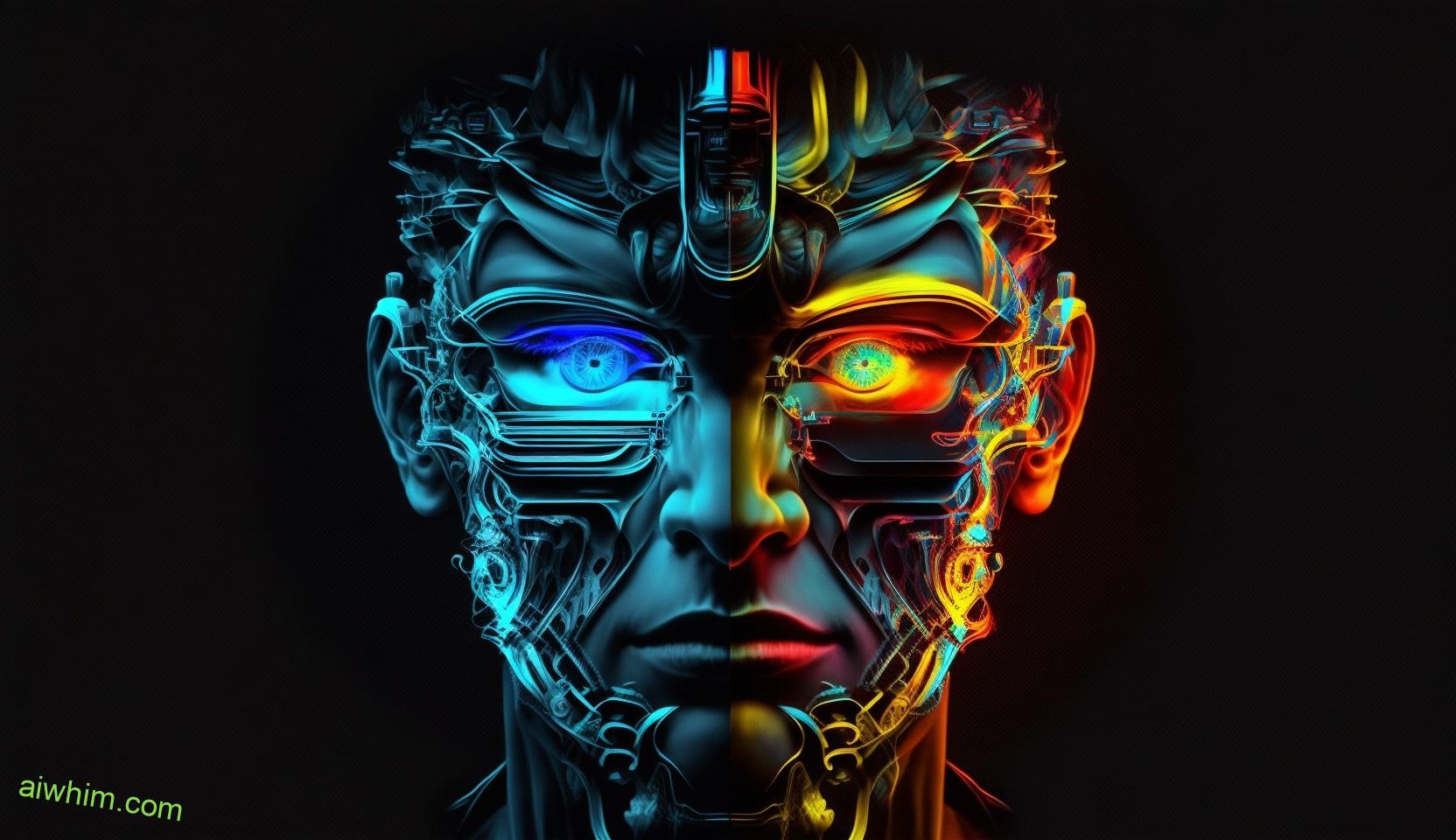
I actually wanted to compose a brief word to express gratitude to you for these fantastic points you are showing on this website. My rather long internet lookup has at the end of the day been paid with reliable points to exchange with my good friends. I ‘d assume that many of us visitors are extremely lucky to be in a remarkable community with very many awesome people with useful tips. I feel pretty happy to have come across your entire webpage and look forward to some more awesome moments reading here. Thank you again for a lot of things.
Thanks for reading!